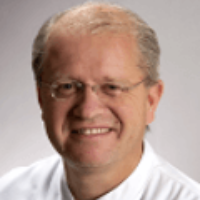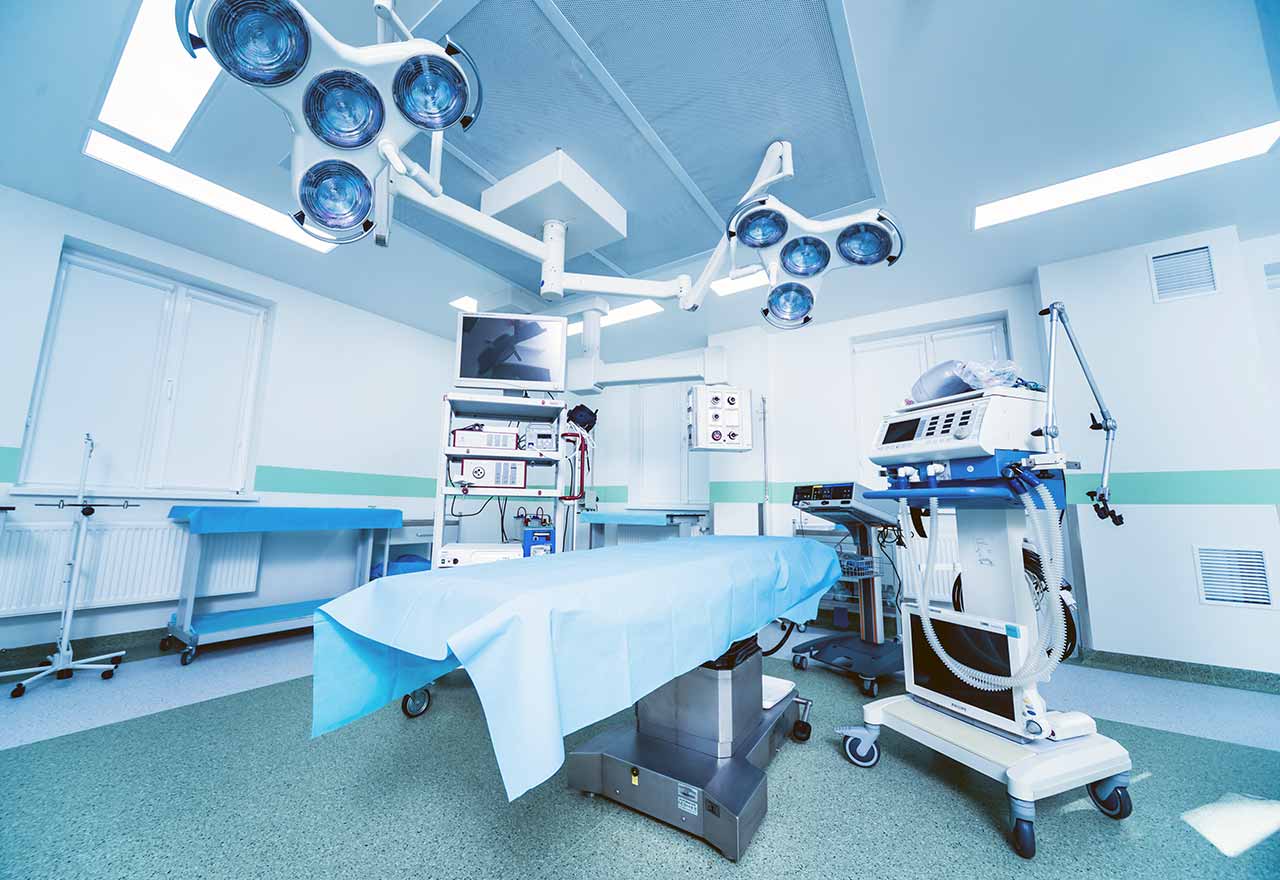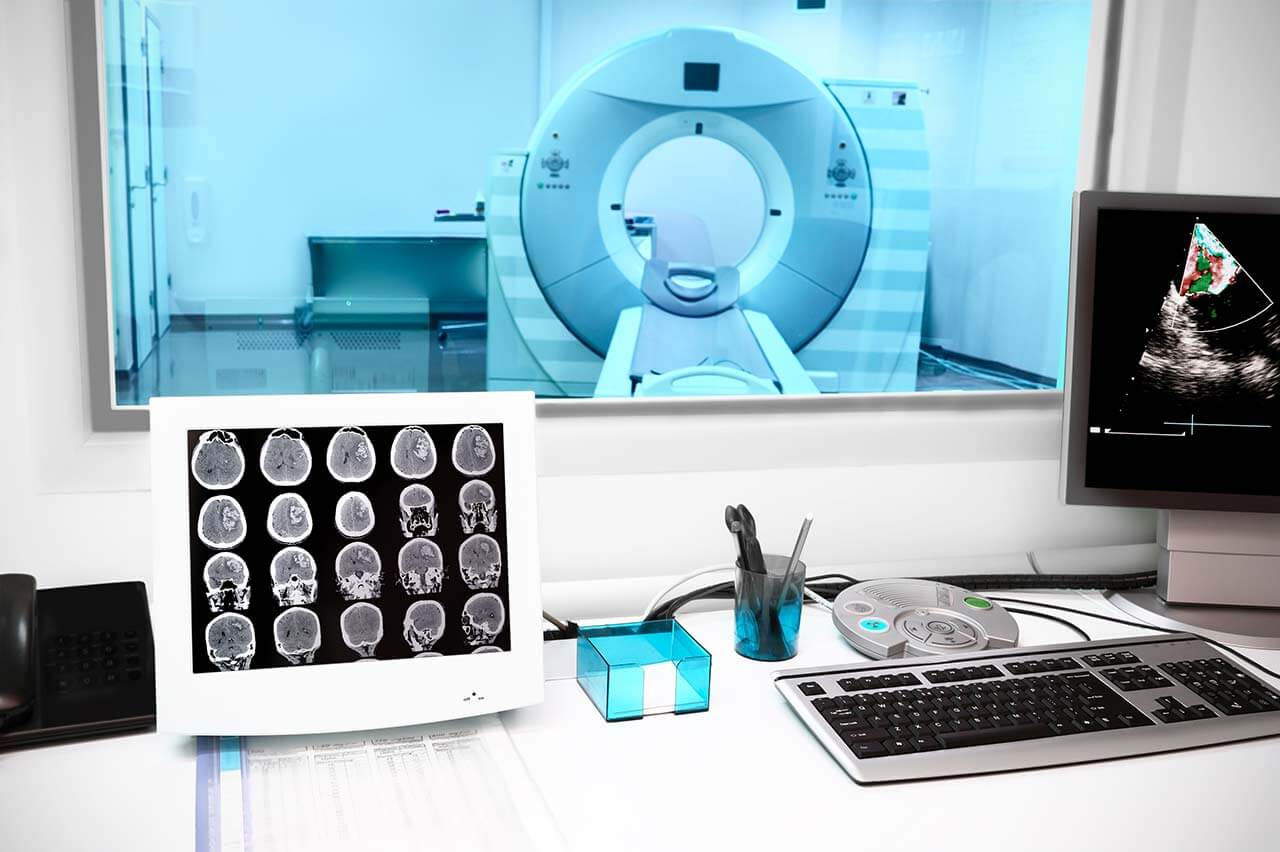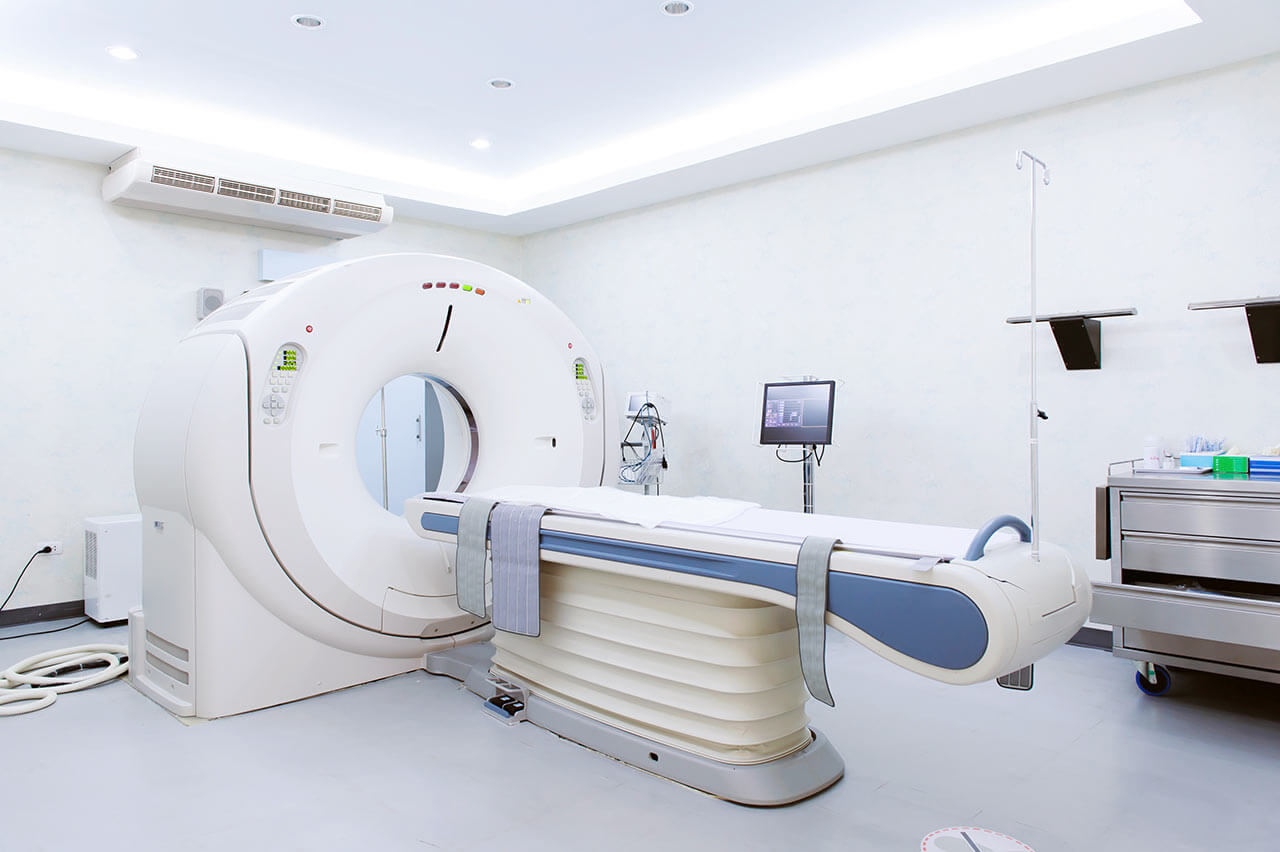
The program includes:
- Initial presentation in the clinic
- clinical history taking
- physical examination
- laboratory tests:
- complete blood count
- biochemical analysis of blood
- Lipid metabolism (HDL/LDL, cholesterol,
triglycerides Lip(a), homocysteine) - blood coagulation analysis (aPTT, PT, INR)
- inflammation indicators (CRP, ESR)
- metabolic status (uric acid, total glucose, HbA1c)
- cardiovascular disease risk markers
- kidney function test (creatinine, urea)
- TSH
- doppler/ duplex receptacles of lower extremities
- angio-MRI from aorta and of lower extremities
- duplex peripheral arteries
- preoperative care
- percutaneous transluminal angioplasty
with stenting (1-2 stents) - blood transfusions (if needed)
- symptomatic treatment
- control examinations
- the cost of essential medicines and materials
- nursing services
- full hospital accommodation
- developing of further guidance
Required documents
- Medical records
- Doppler ultrasound/duplex scanning (if available)
- Angiogram (if available)
Service
You may also book:
 BookingHealth Price from:
BookingHealth Price from:
About the department
The Department of Interventional Radiology at the University Hospital Hamburg-Eppendorf provides a full range of medical services in its area of expertise. It performs highly accurate imaging tests of various organs and anatomical systems, including X-ray, computed tomography, magnetic resonance imaging, mammography, and angiography. The department also offers advanced image-guided therapeutic procedures, the most popular of which are liver tumor ablation, radiofrequency ablation (RFA) for osteoid osteomas, CT-guided drainage, transjugular intrahepatic portosystemic shunting (TIPS), and transarterial chemoembolization (TACE). Diagnostic and therapeutic procedures are performed with state-of-the-art equipment: the department has 3 Philips and Siemens 3 Tesla MRI machines, 3 Philips and Siemens CT scanners, two Philips Azurion angiography machines, a Philips Vereos PET/CT system, and a magnetic particle imaging (MPI) system. Most diagnostic tests and treatments are performed on an outpatient basis. The department's medical team has extensive clinical experience. The specialists work in strict accordance with the standards of the German Society of Interventional Radiology and Minimally Invasive Therapy (DeGIR) and the European Society of Radiology (ESR), which contributes to the high quality of medical services. The department is headed by Prof. Dr. med. Gerhard Adam.
The priority focus of the daily work of the department's specialists is the treatment of benign and malignant tumors using interventional procedures under the guidance of computed tomography. One of the most popular interventional procedures in clinical practice is radiofrequency ablation for the treatment of primary and secondary malignancies. It is most often used as an adjunct to surgery, chemotherapy, and radiation therapy. In the case of inoperable tumors, radiofrequency ablation may be the only therapeutic manipulation. An important advantage of this method is that it can be used repeatedly if new tumor foci are detected in the liver, and it has a high safety profile. The essence of radiofrequency ablation is as follows: electrodes are inserted into the tumor site through a puncture in the skin and soft tissues, with the help of which the malignant neoplasm is locally heated to high temperatures (60-100°C), which leads to its death. Radiofrequency ablation is performed in the department under the guidance of computed tomography. It is a minimally traumatic, highly effective method of treatment, which at the same time practically does not affect healthy tissues in the vicinity of the cancer focus.
The department's team of interventional radiologists has excellent qualifications in the field of transjugular intrahepatic portosystemic shunting (TIPS). This treatment is indicated for patients with portal hypertension, a complication of cirrhosis. Portal hypertension carries many serious risks: for example, the patient may develop ascites (fluid accumulation in the abdominal cavity), internal bleeding from varicose veins in the esophagus and stomach, and other complications. The TIPS procedure is performed using catheter-based techniques with an approach through the internal jugular vein. Under ultrasound guidance, the central branch of the portal vein is punctured and a stent is inserted through a thin guidewire. After assessing the pressure in the portal vein, a thin balloon is used to dilate the affected area and place a shunt to allow normal blood flow from the liver and other gastrointestinal organs to the right atrium. Transjugular intrahepatic portosystemic shunting allows for a significant reduction in portal vein pressure and eliminates the risk of complications due to portal hypertension. The TIPS procedure is performed under local anesthesia (sometimes sedation can be used). The duration of the therapeutic manipulation is about 60-90 minutes. The specialists of the department perform more than 100 transjugular intrahepatic portosystemic shunting procedures annually, which has earned the medical institution the reputation of being one of the most competent in this field in Germany. After completion of the treatment, the patient is recommended to undergo regular examinations and follow-up duplex sonography.
The department also offers transarterial chemoembolization (TACE) for the treatment of hepatocellular carcinoma (liver cancer). The essence of the treatment is to block the lumen of the arteries feeding the tumor with emboli containing chemotherapeutic agents. TACE treatment is performed under angiographic guidance using catheter-based technologies and injection of a contrast agent to visualize hepatocellular carcinoma foci. After transarterial chemoembolization, the department's specialists manage to achieve local control of the tumor – the local progression of the disease is significantly slowed down or completely stopped. The TACE procedure is performed in a medical facility under local anesthesia, in the hospital (hospital stay is 1-2 days). If necessary, TACE can be repeated.
The range of medical services provided by the department includes the following:
- Diagnostic procedures
- X-ray
- Computed tomography
- Magnetic resonance imaging
- Mammography
- Angiography
- Combined method of positron emission tomography and computed tomography
- Magnetic particle imaging (MPI)
- CT-guided biopsy
- Therapeutic procedures
- Liver radiofrequency ablation
- Radiofrequency ablation (RFA) for osteoid osteomas
- CT-guided drainage
- Transjugular intrahepatic portosystemic shunting (TIPS)
- Transarterial chemoembolization (TACE)
- Percutaneous transluminal angioplasty for renal artery stenosis
- Implantation of port systems
- Other medical services
Curriculum vitae
Higher Education and Postgraduate Training
- 04.1993 Habilitation, Rhenish-Westphalian Technical University Aachen.
- 05.1985 Thesis defense, summa cum laude, University of Cologne.
- 10.1977 - 10.1984 Medical studies, Ghent University (Belgium) and University of Cologne (Germany).
Professional Career
- Since 2000 C4 Professorship for Radiology, University of Hamburg.
- 07.1998 Appointed as Extraordinary Professor for Radiology, Rhenish-Westphalian Technical University Aachen.
- 05.1993 - 06.1998 Associate Professorship, Research Fellow, Senior Research Fellow, Rhenish-Westphalian Technical University Aachen.
- 10.1986 - 05.1993 Research Fellow, Rhenish-Westphalian Technical University Aachen.
- 01.1985 - 09.1986 Assistant Physician, Protestant Hospital Cologne-Weyertal.
Editorial and Scientific Activities
- 2005 - 2009 Managing Editor in Fortschritte Röntgenstrahlen.
- 2009 - 2017 Editor in Fortschritte Röntgenstrahlen.
- 2007 - 2011 Editorial Board in Orthopäde und Unfallchirurgie.
- 2000 - 2005 Editorial Board in European Radiology.
- Editorial Board in Der Onkologe.
- 375 scientific papers with expert evaluation (pub.med), as of 01.11.2015, 16 chapters in books, 2 books, one scientific video work.
Other Research Focuses
- 2008 - 2012 Representative of the TOMCAT Project, Federal Ministry of Education and Research.
- Since 2009 Member of the German Research Foundation, Joint Research Center 841.
- 2009 - 2015 Equipment Committee Scientific Member, German Research Foundation.
- 2009 - 2013 Member of the Landesexzellenzinitiative Hamburg Initiative Project: Nanotechnology in Medicine.
- Since 2011 Member of the Hamburg Academy of Sciences.
- Since 2012 Member of the Professional Board for Radiology and Nuclear Medicine, German Research Foundation.
Prizes, Awards, and Honorable Memberships
- 1999 Marie Curie Award from the German Society of Radiology (DRG).
- 2009 Honorary Member of the Austrian Society of Radiology (ÖRG).
- 2022 Honorary Member of the German Society of Radiology (DRG).
Scientific Leadership Positions
- 2006 Chairman of the North German Society of Radiology (NDRG).
- 2005 - 2007 Vice Dean for Research, Faculty of Medicine, University of Hamburg.
- 2007 - 2011 Member of the Board of Trustees of the University Hospital Hamburg-Eppendorf.
- 2009 - 2011 President of the German Society of Radiology (DRG).
- 2015 President of the 96th German Radiological Congress.
Memberships in Professional Societies
- Cardiovascular and Interventional Radiological Society of Europe (CIRSE).
- German Society for Interventional Radiology and Minimally Invasive Therapy (DeGIR)
- German Society of Radiology (DRG).
- European Society of Radiology (ESR).
- North German Society of Radiology (NDRG).
- Radiological Society of North America (RSNA).
Photo of the doctor: (c) Universitätsklinikum Hamburg-Eppendorf (UKE)
About hospital
According to the Focus magazine, the University Hospital Hamburg-Eppendorf is one of the top ten hospitals in Germany!
Since its foundation in 1889, the hospital has taken a leading position in the European medical arena, which it still holds today. A highly competent medical team of more than 15,300 employees takes care of the health of patients. Approximately 2,900 of them are physicians and researchers, and more than 3,400 work as nurses and therapists. The hospital has 1,738 beds for inpatient treatment, and many diagnostic and therapeutic services are provided on an outpatient basis. A solid foundation for successful clinical practice in the medical complex is formed by a combination of research achievements with state-of-the-art equipment and the highest professionalism of doctors. In addition, the hospital has a modern and extremely comfortable infrastructure. The most important value for every employee of the University Hospital Hamburg-Eppendorf is the health and well-being of every patient.
The medical facility was the first university hospital in Europe to implement an electronic system for storing patient medical reports. As a result, all diagnostic and treatment protocols are stored electronically. In 2011, the hospital was certified as the first fully digital hospital in Europe.
The hospital represents all areas of modern medicine. The doctors of the healthcare facility have a wealth of theoretical knowledge and vast clinical experience, which allows them to easily cope with the treatment of both common and extremely rare, complex clinical cases. About 550,000 patients are treated here each year, over 450,000 of whom receive outpatient medical care.
An important part of the work of the University Hospital Hamburg-Eppendorf is research activities aimed at developing innovative diagnostic and treatment methods. The main areas of research of the hospital include neurobiology, oncology, cardiovascular research, and research on infectious and inflammatory diseases. Special attention is also given to research in molecular imaging and skeletal biology.
The hospital is distinguished by its first-class level of medical care, which is confirmed by numerous quality certificates of European and international standards: DIN EN IS0 9001 certificate, certificates of the German Cancer Society (DKG) in the treatment of breast cancer, colon cancer, gynecological cancer, prostate cancer, and other oncological diseases, certificate of the German Cardiac Society (DGK) in the treatment of acute coronary syndrome, certificate of the German Spine Society (DWG), and others.
Photo: (с) depositphotos
Accommodation in hospital
Patients rooms
The patients of the University Hospital Hamburg-Eppendorf stay in comfortable single and double bright rooms with a modern design. Each patient room has an ensuite bathroom with a shower and a toilet. The standard patient room furnishings include an automatically adjustable bed with an orthopedic mattress, a bedside table, a wardrobe, a table and chairs for receiving visitors, a telephone, a radio, and a TV. Wi-Fi access is available in patient rooms and throughout the hospital.
If desired, patients can stay in single enhanced-comfort rooms. These rooms are more spacious and are equipped with upholstered furniture, a safe, and a mini-fridge.
Meals and Menus
The hospital offers three meals a day: breakfast, lunch, and dinner. Breakfast and dinner are served in the form of buffets, and for lunch you can choose from several set menus – in total, more than 20 dishes are served for lunch, including vegetarian ones.
If, for some reason, you cannot eat all of the foods, you will be offered an individual menu. Please inform the medical staff about your dietary preferences prior to the treatment.
Further details
Standard rooms include:
![]() Toilet
Toilet
![]() Shower
Shower
![]() Wi-Fi
Wi-Fi
![]() TV
TV
Religion
Religious services are available upon request.
Accompanying person
During the inpatient program, an accompanying person may stay with you in a patient room or hotel of your choice.
Hospital accommodation
During the outpatient program, you may stay in a hotel at the hospital.
Hotel
During the outpatient program, you may stay in a hotel of your choice. Managers will help you choose the most suitable options.
The hospital offers a full range of laboratory tests (general, hormonal, tests for infections, antibodies, tumor markers, etc.), genetic tests, various modifications of ultrasound scans, CT scans, MRI and PET / CT, angiography, myelography, biopsy and other examinations. Treatment with medications, endoscopic and robotic operations, stereotaxic interventions is carried out here, modern types of radiation therapy are also used. The hospital offers patients all the necessary therapeutic techniques.
- Coiling and clipping of aneurysms of different localizations
- Transjugular intrahepatic portosystemic shunting in patients with portal hypertension
- Minimally invasive surgeries (da Vinci)
- Removal and reconstruction of mammary glands
- Hyperthermic intraperitoneal chemotherapy (HIPEC)
These are arteriovenous malformations and angiomas, vascular aneurysms, pathologies of the mammary glands, pelvic organ prolapse, urinary incontinence, malignant tumors of various localizations (area of special attention is treatment of intestinal cancer), pathologies of liver and pancreas, cataracts and rare ophthalmic pathologies (aphakia, aniridia ), infertility and other diseases.
- Interventional neuroradiology
- Mammology
- Oncology
- Gastroenterology
- Surgery
Over 2,900 highly qualified physicians and researchers work at the hospital.





